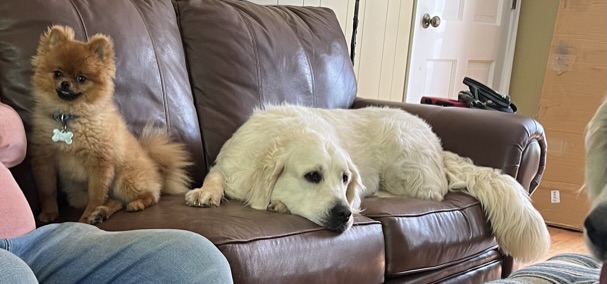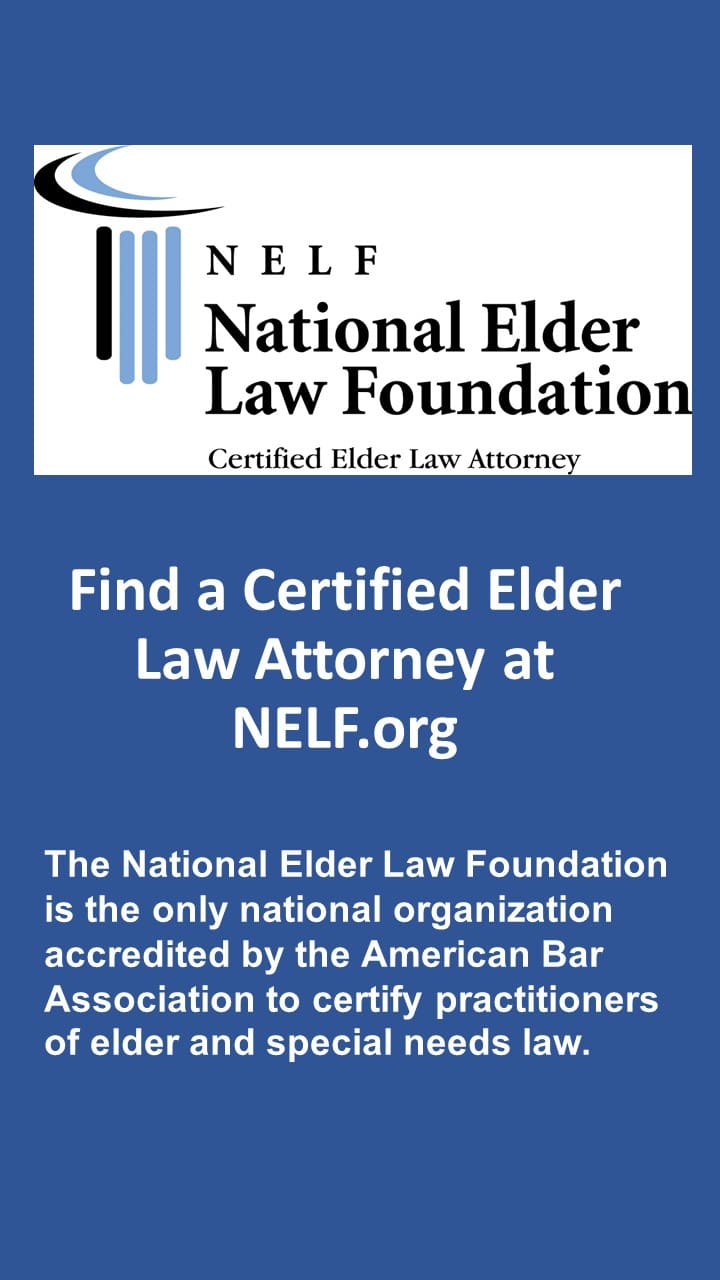The SSI rules are a good beginning point because Medicaid cannot impose rules more restrictive than the SSI rules. SSI excludes burial funds up to the exemption limit which is currently $1,500 for the applicant and the applicant’s spouse. POMS SI 01130.410. Burial funds can be: revocable burial contracts; revocable burial trusts; other revocable burial arrangements (including the value of certain installment sales contracts for burial spaces); life insurance policies and/or dividend accumulations designated for burial; cash; financial accounts (e.g., savings or checking accounts); or other financial instruments with a definite cash value (e.g., stocks, bonds, certificates of deposit, etc.). With regarding to insurance policies, the POMS say: “A life insurance policy is a contract that can sometimes be turned into cash; therefore, technicians must develop the resource value of the policies to determine Supplemental Security Income (SSI) eligibility. The basic concept of the contract is that the policy owner pays the premiums during the insured’s lifetime and, when the insured dies, the life insurance company will make one or more payments to the designated beneficiary(ies). However, life insurance companies have created many varieties of their products, which may require additional research and documentation to evaluate.” See POMS SI 01130.300.
According to Georgia Medicaid, each applicant for long-term care Medicaid (and spouse) has a $10,000 burial exemption. (Individuals applying for the SSI class of assistance are still limited to $1,500 and there is no burial exemption for Family Medicaid). You might think of the burial resource exemption as a bucket. Once that bucket overflows, the excess (usually) counts toward the resource exclusion amount. This is one of the few places where eligibility can be changed retroactively; usually you’re either eligible or you’re not eligible at the time of application. However, in Georgia, burial resources may be designated retroactively if they are separately identifiable, can be tracked and are still available. See Georgia ABD 2312-3. This means that if a married couple had up to $20,000 in excess cash, and no other burial resources, then the applicant and Community Spouse could designate the excess cash as a burial resource, bringing them within the eligibility limits. If the cash is commingled with other money, it must be separated. Currently, Georgia uses DHS Form 985 to calculate the burial resource exemption and designate specific property toward the exemption.
Initially, the burial resource bucket is filled with the face value of term life insurance. See ABD Manual 2323-1 (“[Term policies] are considered first as part of the burial exclusion allowance”); see also POMS SI01130.300.C.3 (“The burial fund exclusion works in conjunction with the life insurance exclusion described in SI 01130.300C.2. in this section, because the $1500 set aside for burial must be reduced by the FV of: any life insurance policy that is already being excluded by the life insurance exclusion”). Next, other life insurance is considered. If the cumulative face value of all life insurance exceeds $10,000, then the cash value is considered in determining eligibility and whether a transfer of resources penalty should be applied. Next, pre-need burial contracts are considered. Finally, burial funds are considered. Toether, all of these resource types cannot exceed the $10,000 limit.
Additional amounts can be added to the original designated burial resource until the excluded amount reaches the maximum allowed. Georgia ABD 2312-2. That means someone with a $7,500 face value life insurance policy could set aside another $2,500 toward burial. Similarly, if an applicant had a pre-need burial contract with a countable value of $7,500, then an additional $2,500 could be set-aside and designated as burial funds.
It is worth noting that Georgia seperately exempts burial space items. That means that if an itemized pre-paid burial contract includes burial space items, then that portion of the itemized pre-paid burial contract does not count toward eligibility. ABD 2311-3. Burial space items are listed below. However, only the value of items that are paid for in full is exempt. ABD 2311-2. In other words, if you have excess cash and you’re applying for Medicaid, now might be the time to pay off any financed burial space items. This policy is consistent with POMS SI 01130.400 which states “burial space exclusion is in addition to, and has no effect on, the burial funds exclusion.”
Common Questions
I recall a different rule, so when did Georgia Change its Burial Exemption Rule?
The rule changed effective January 1, 2007. As of that date, “[t]he maximum burial exclusion is $10,000 for the [recipient/applicant] and $10,000 for [his or her] spouse. Any amount may be designated for burial, but only up to the cumulative amount of $10,000 may be excluded. This maximum includes the [Face Value] of life insurance (Section 2323), burial contracts (Section 2311) and burial funds.”
What are Burial Space Items?
Essentially, a burial space item is anything going inthe dirt. Georgia ABD 2311-2 lists the following: burial plot; grave site; crypt; mausoleum; casket; urn; niche; other repository customarily and traditionally used for the deceased’s bodily remains. The term burial space item also includes necessary and reasonable improvement for additions to such spaces, including but not limited to the following: vaults; headstones, markers, or plaques; other burial containers for caskets; arrangements for the opening and closing of the gravesite; contracts for the care and maintenance of the gravesite, sometimes referred to as endowment or perpetual care. See also POMS SI 01130.400.B.1.
Only one item that serves the same purpose may be designated per person. For example, you cannot exempt both a casket and an urn. ABD 2311-3. See also POMS SI 01130.400.A.3.
What are Non-Burial Space Items?
The Georgia ABD Manual offers the following examples of non-burial space items that would count toward the burial exemption: Services, Embalming, Cremation, Flowers, Cards, Newspaper, Death Certificates, Service Vehicle etc. The manual states the list is not exhaustive. So if you were planning an old-fashioned Irish wake, the liquor counts toward the burial exclusion.
Are Excess Burial Space Items, such as plots, exempt?
Yes, if the burial space items are designated for an immediate family member. ABD 2311-3. This is done on DHS Form 985. Immediate family includes the Medicaid individual’s spouse; minor and adult natural, adopted and stepchildren and their spouses; natural and adoptive parents and their spouses, siblings and their spouses. If the relationship to the A/R is by marriage only, the marriage must be in effect in order for the burial space exclusion to continue to apply. Immediate family does not include members of an ineligible spouse’s family unless they are also within the appropriate degree of relationship(s) to the Medicaid individual. ABD 2311-2. See also POMS SI 01130.400.C.2.b.
If the Applicant is Married, Can Each Spouse Use the Burial Exemption?
Yes. Georgia ABD 2323-2 states an applicant and deemor (meaning the Community Spouse) may each own up to the total burial exclusion allowance. Georgia ABD 2323-2.
What Types of Resources May Be Designated as Burial Resources?
With few exceptions, applicants for Non-SSI Medicaid classes of assistant may designate any non-excluded resource for burial. Exceptions include promissory notes, automobiles and the cash value of life insurance policies. ABD 2312-2. The Georgia ABD Manual expressly states that the following types of resources may be signaled for burial: financial accounts, such as savings, checking accounts, CDs, stocks, bonds, etc.; amounts paid toward installment burial contracts; non-excluded portions of revocable burial contracts; cash. ABD 2322-3. Persons applying for SSI Medicaid may not designate any non-liquid resources for burial ABD 2312-2.
What if I spend resources that were set aside for the burial exclusion?
If you use burial funds for a purpose other than the burial arrangements of the applicant or the applicant’s spouse for whom the funds were set aside, the amount used will be considered as income in the month following the expiration of timely notice. ABD 2312-1. In other words, it will increase next month’s cost-share so you haven’t helped yourself.
What if Someone Else (Other than the Community Spouse) Owns a Policy on the Applicant’s Life?
A policy owned by someone else does not count toward the applicant’s eligibility. However, if ownership was transferred during the look back period, then it might be considered for purposes of determining whether a transfer penalty should be applies. ABD 2323-2.
What is the difference between Insurance Policy Face Value and Cash Value?
According to SSI, Face Value is “Face value (FV) is the amount that is contracted for at the time the life insurance policy is purchased – it is the amount to be paid out when the insured dies.” POMS SI01130.300.B.9. Cash Value (or Cash Surrender Value) is “the monetary or equity value that a life insurance policy acquires over time. The policy owner can obtain the full CSV if the life insurance policy is canceled before the insured dies or the policy matures. The policy owner can also take out a loan against a life insurance policy, which reduces the CSV. The CSV is the actual resource value of the life insurance policy for SSI purposes.”
According to Georgia Medicaid, face value is “the amount of basic death benefit contracted for at the time the policy is purchased.” Georgia ABD 2323-2. Cash Value, on the other hand, is “a form of equity value that the policy acquires over time. The owner of a policy can obtain its CSV only by turning the policy in for cancelation before it matures or before the insured dies.” ABD 2323-1. Loans against life insurance policies reduce the cash surrender value. ABD 2323-1. If a life insurance policy is cashed out, any penalty for early termination is deducted from the value to determine the available cash value. ABD 2323-1.
Am I required to get rid of my term life insurance policy?
If you have term life insurance then it is highly unlikely it has cash value. ABD 2323-1 states “Term insurance policies that do not generate a CSV are not resources.” So the answer is “no” you are not required to get rid of your term life insurance regardless of value. However, it may prevent you from placing other resources such as a CD in your burial exemption bucket. POMS SI01130.300.C.1 echos this by saying “[t[he resource value of a life insurance policy is its cash surrender value (CSV), not its face value (FV).”
What About Life Insurance that was irrevocably assigned to pay for a pre-paid burial contract?
The POMS state: the “life insurance policy and the burial contract are not resources for SSI purposes because the SSI recipient no longer owns them.” POMS SI 01130.425.C.2.b. Instead of looking at the insurance policy, SSI looks at the value of the burial arrangement. POMS SI 01130.425.B.1.
What if I own an Accidental Death Policy?
These policies are ignored for eligibility purposes. The Georgia ABD Manual states that “accidental Death and Dismemberment policies are not considered as Life insurance policies for purposes of burial assets.” ABD 2323-1. Similarly, burial insurance is not a life insurance policy for eligibility purposes, but may reduce the burial exemption amount. See POMS SI 01130.410.C.1.d.
Does it matter if dividends increase my death benefit?
No. Georgia Medicaid only looks at the face value at the time the policy was purchased. If dividends subsequently increased the death benefit, they are not considered as part of the eligibility determination. ABD 2323-2.
What do the POMS say about SSI limits on life insurance?
The POMS say to add up the cumulative face value of all policies and exclude them if the “cumulative FV of all policies held on that one person amounts to $1500 or less.” POMS SI01130.300.C.2. Thus, the POMS provision on life insurance is less generous than Georgia’s ABD exemption.
What if I can’t Find the Cash Value of my Term Policies?
Virtually all term policies have no cash value. POMS SI01130.300.D.2.b instructs case workers to presume that, absent evidence to the contrary, a term policy does not generate a cash value.








